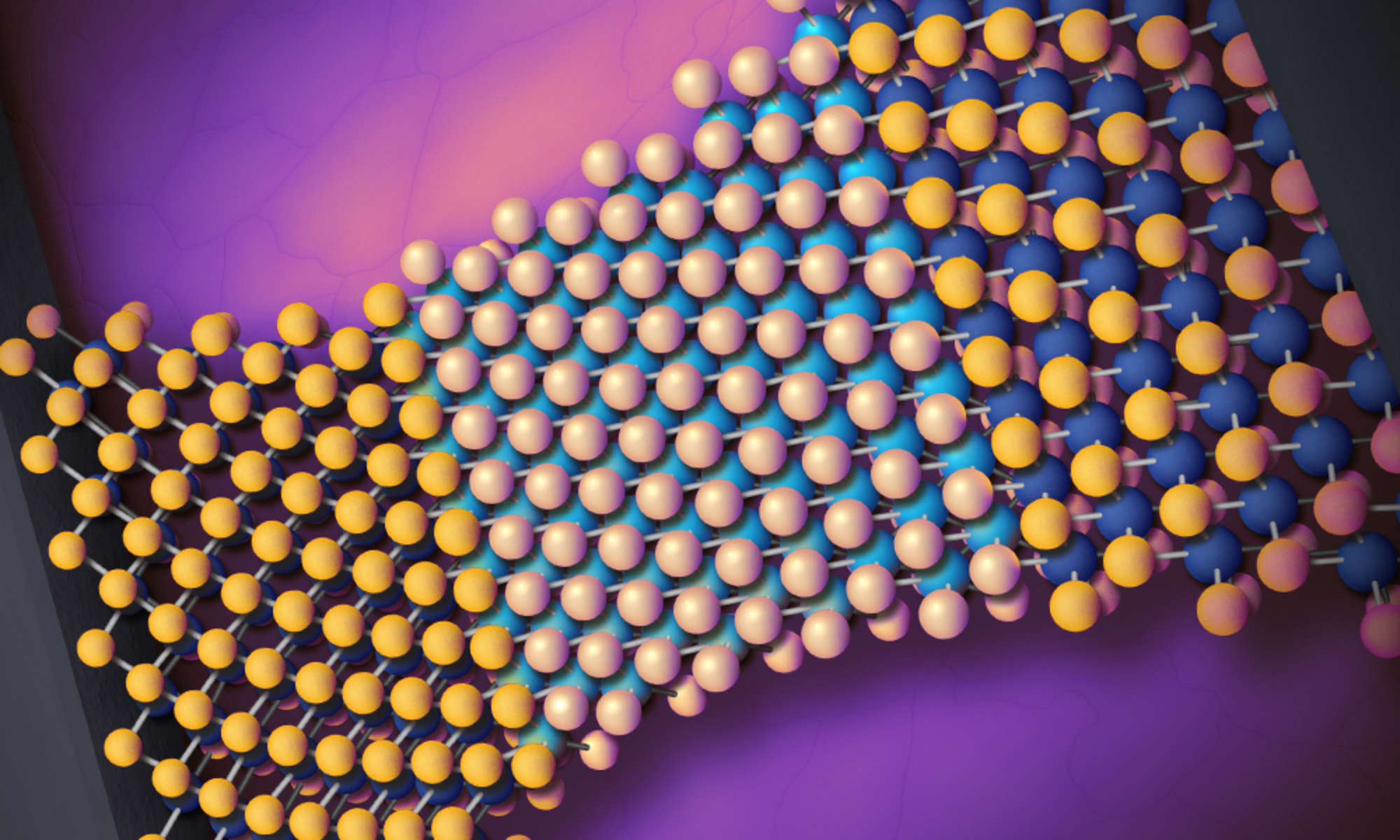
Straining memory leads to new computing possibilities
“We’ve combined the idea of a memristor and a phase-change device in a way that can go beyond the limitations of either device,” says Stephen Wu, an assistant professor of electrical and computer engineering and of physics.

How do living things use meaningful information to survive?
A team from the Department of Physics and Astronomy has applied the theory of semantic information to a realistic model capturing attributes of living systems—and found the critical point where information matters for survival.
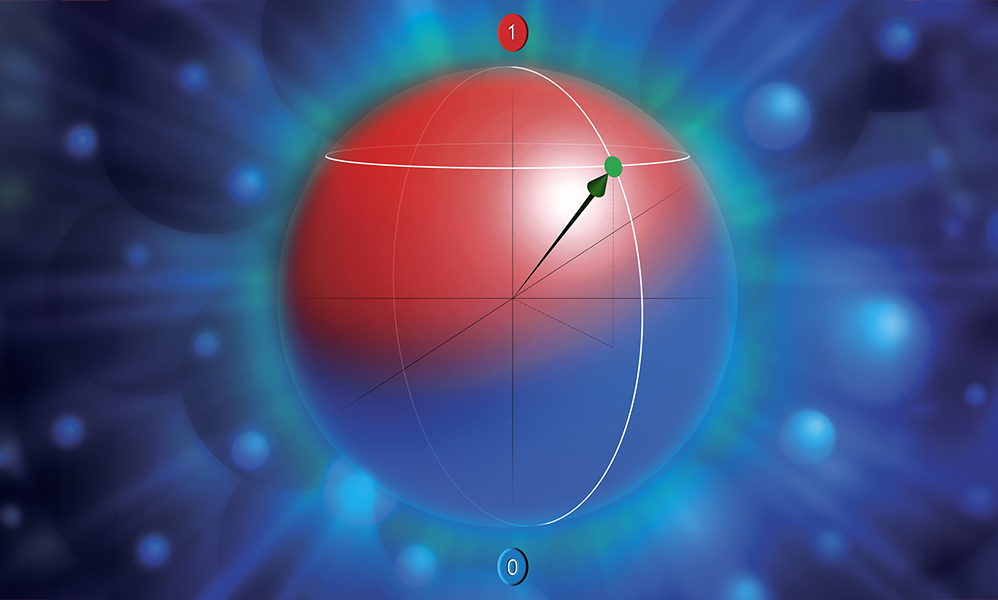
Qubit by qubit: Optimizing silicon for quantum computing
A team of researchers including John Nichol, an associate professor of physics, has won a grant from the US Air Force Office of Scientific Research to address challenges posed by silicon spin qubits.

New tools will help study quantum chemistry aboard the International Space Station
Rochester Professor Nicholas Bigelow helped develop experiments conducted at NASA’s Cold Atom Lab to probe the fundamental nature of the world around us.
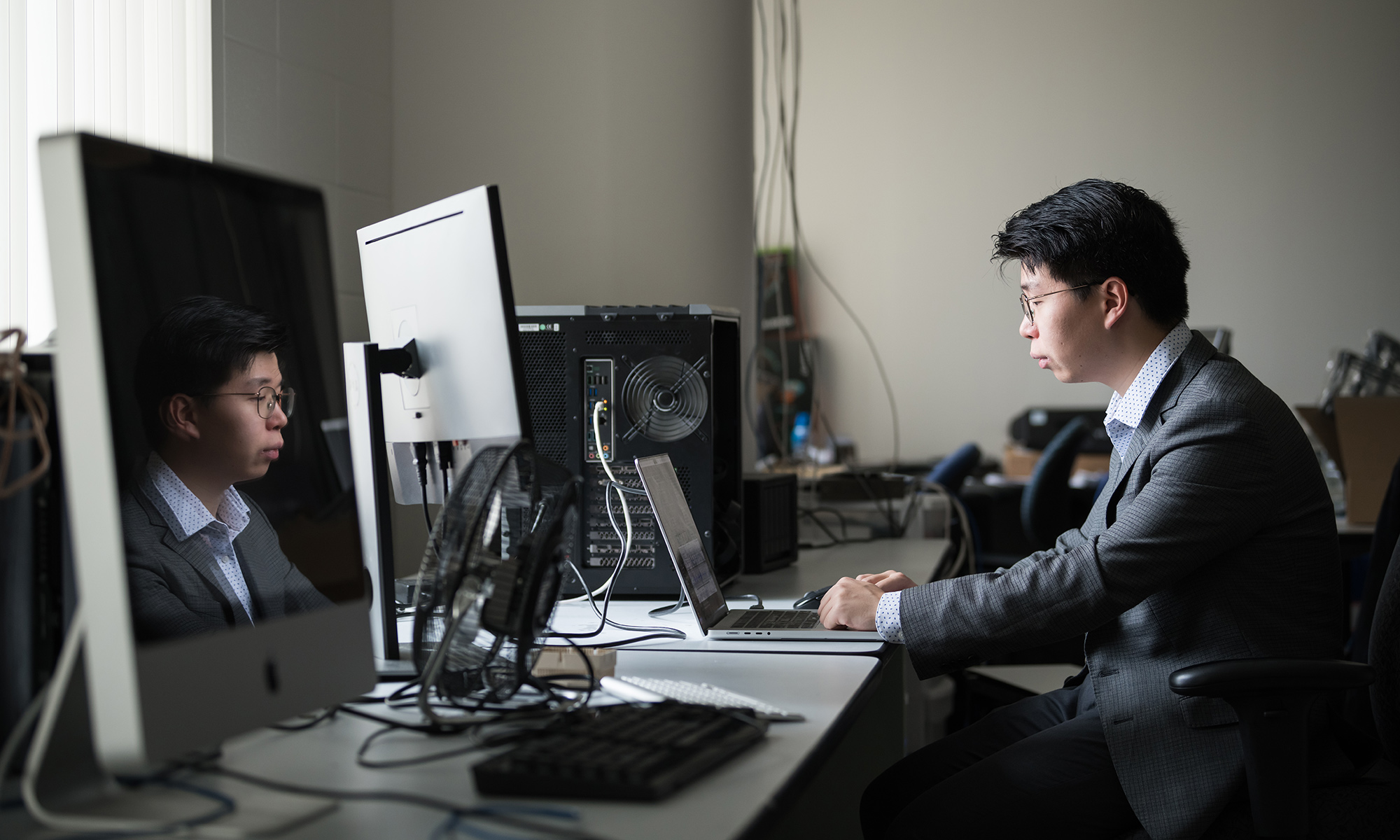
Audio deepfake detective developing new sleuthing techniques
A National Institute of Justice fellowship allows Rochester graduate student You “Neil” Zhang to develop novel defenses against deepfake scams.

Human brain’s ‘temporal scaffolding’ inspires new AI approaches
Applying a recent hypothesis about how the brain operates during sleep could improve the lifelong learning abilities of artificial intelligence.
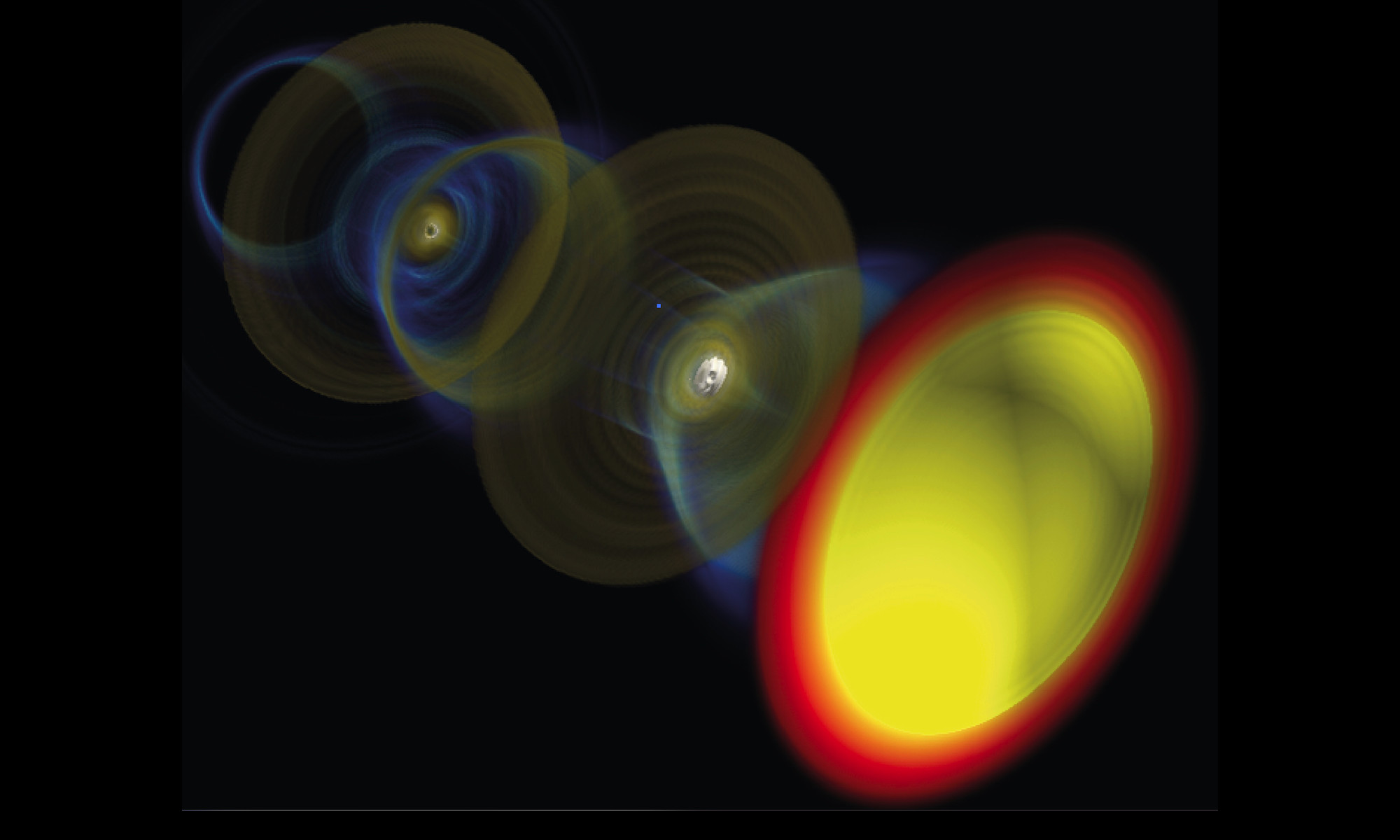
Scientists propose super-bright light sources powered by quasiparticles
The seemingly physics-defying properties of quasiparticles could be harnessed for applications ranging from non-destructive imaging to computer-chip manufacturing.
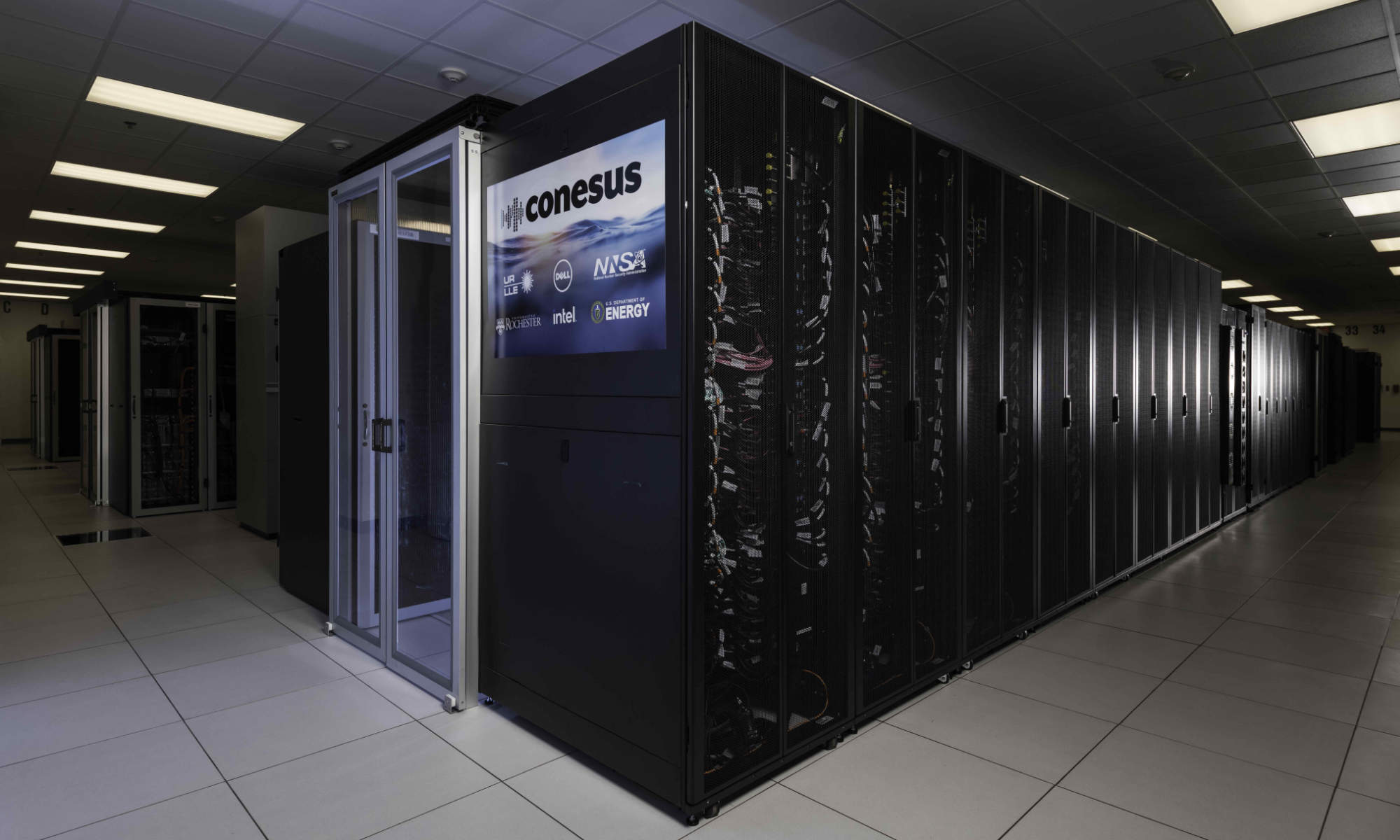
Laser Lab supercomputer ranked one of the world’s most powerful
The new supercomputer enables a four-fold increase in high-performance computing to simulate high-energy-density physics and inertial confinement fusion experiments.
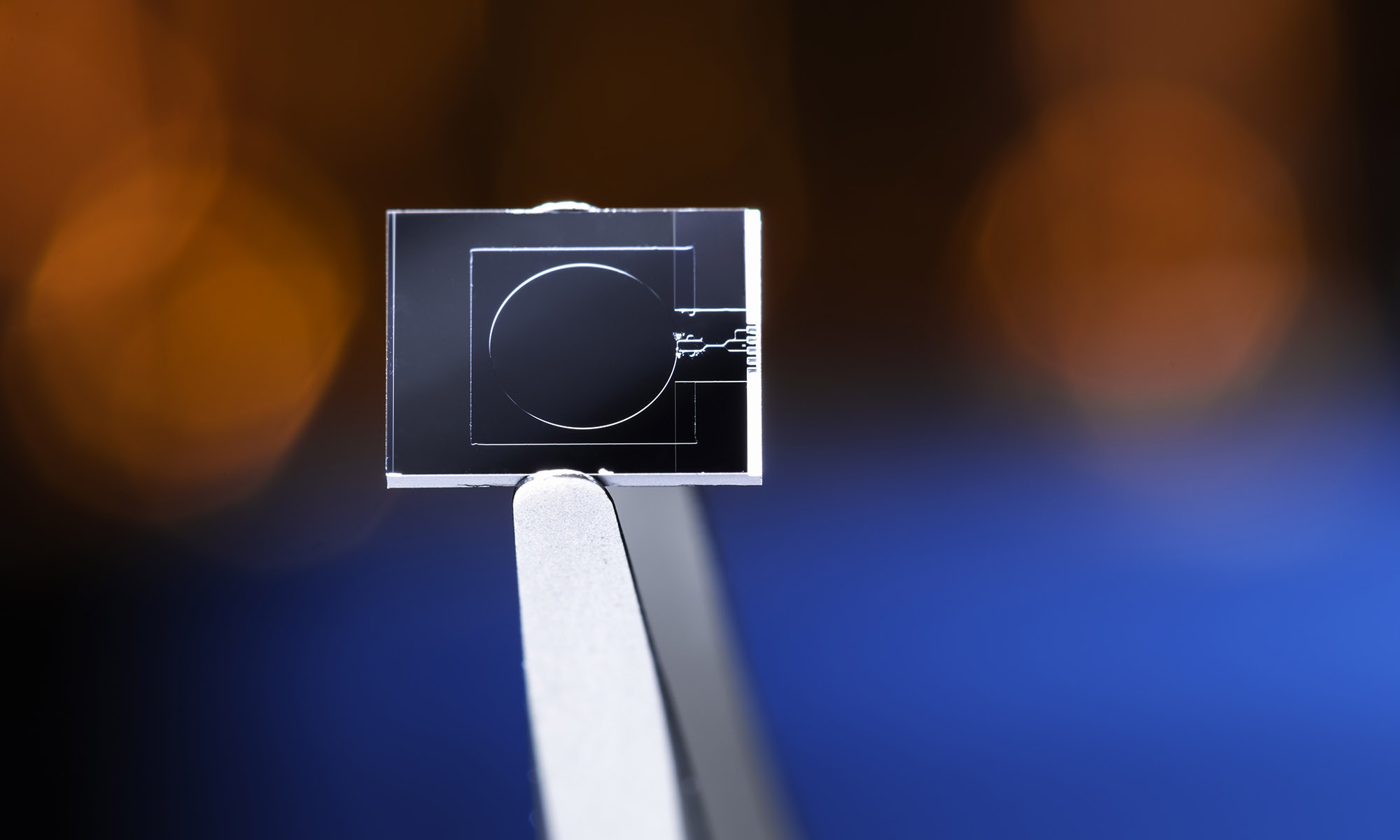
Photonic chips could give drones a lift when GPS is unavailable
Rochester researchers aim to leverage the quantum technique of weak value amplification to replace the gyroscopes in drones.
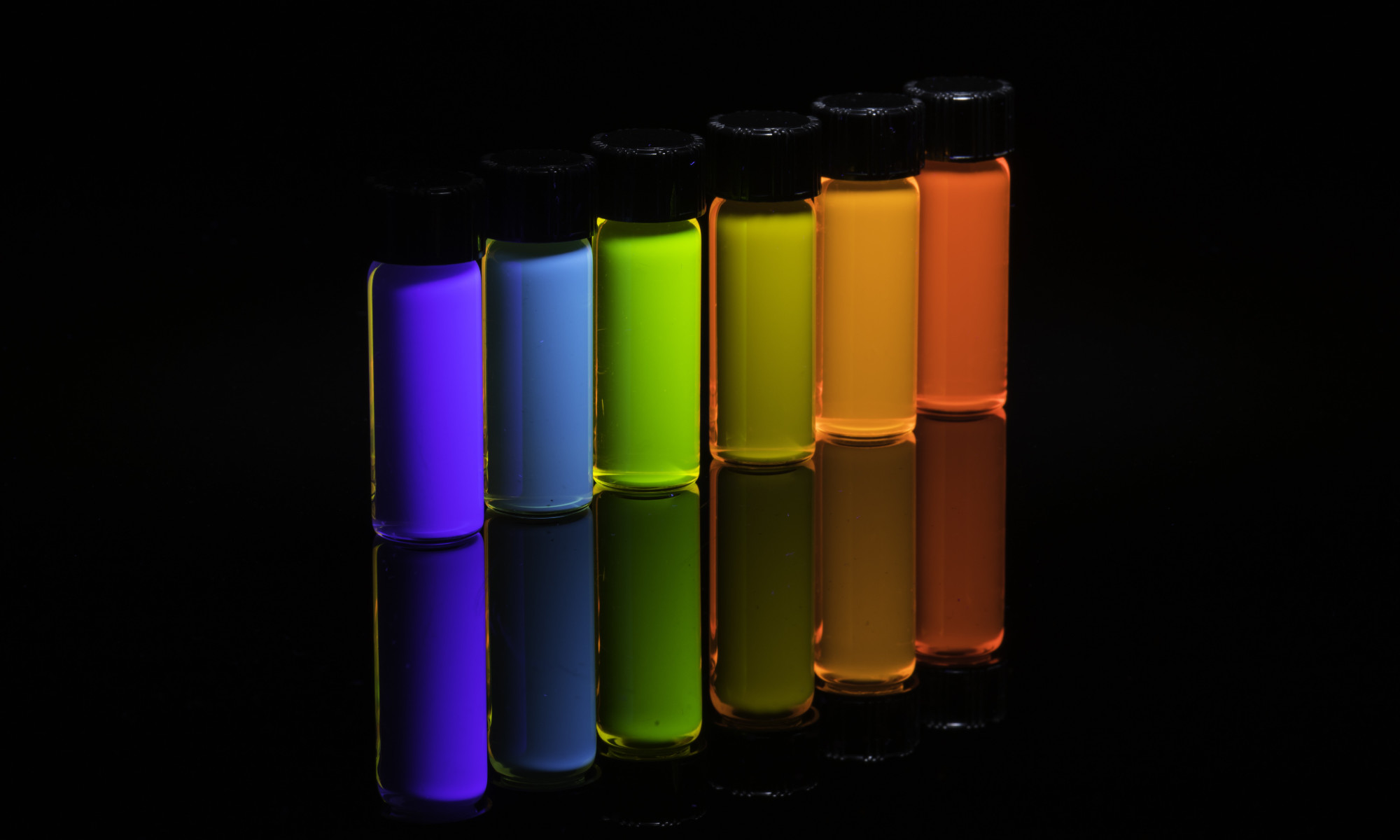
Quantum dots: Chemistry professor explains a Nobel Prize–winning discovery
The fruits of the recent Nobel laureates’ labor can be seen not only in high-end monitors and screens, but also in collaborative research across the sciences.
